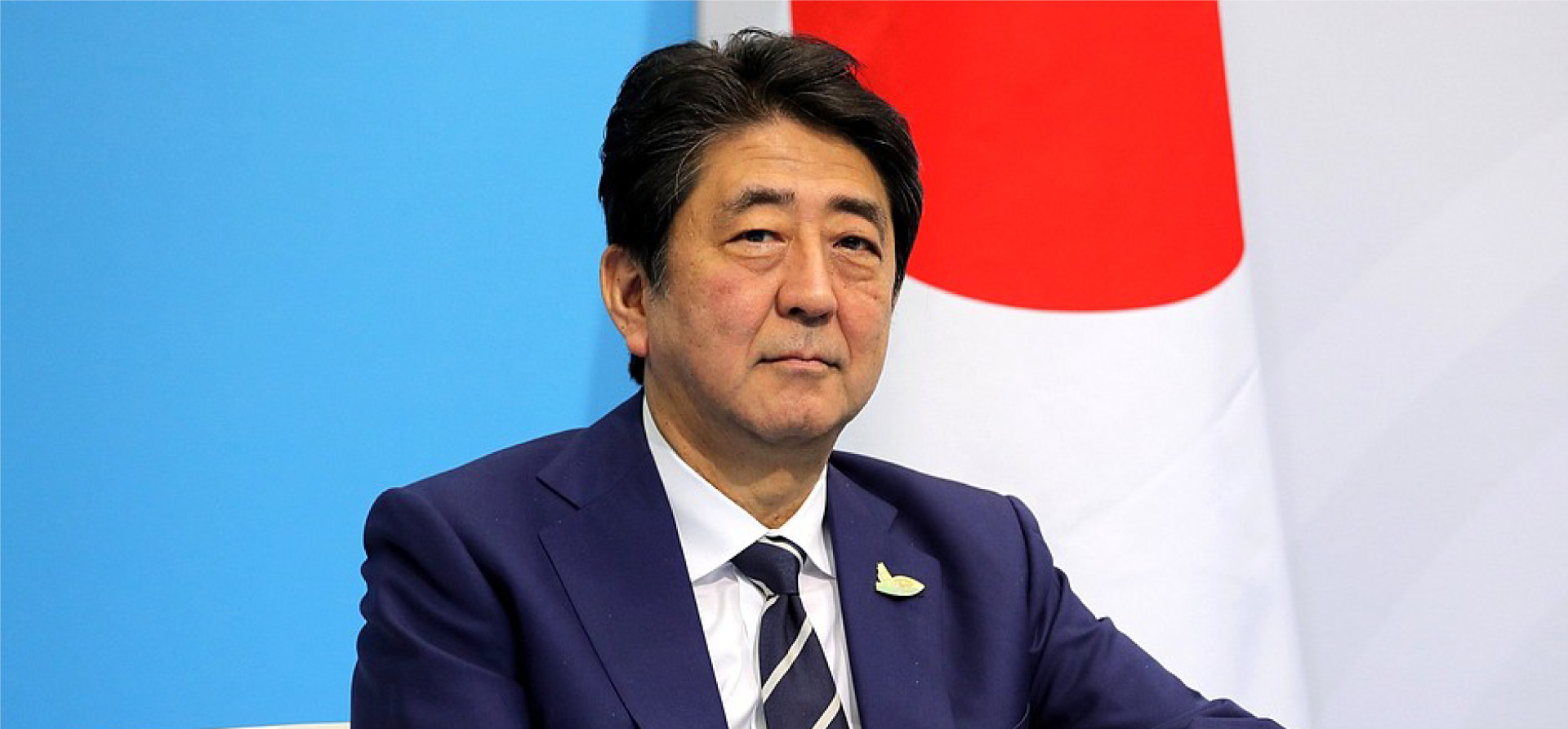TOKYO — Shinzo Abe, Japan’s longest-serving prime minister, died after being shot twice on Friday while giving an election campaign speech, sending shock waves through the political establishment and a country unaccustomed to gun violence.

Listen to the article (3 minutes long)
Mr. Abe, who was 67 years old, was prime minister until late 2020 and was one of Japan’s best-known but polarizing politicians. He was shot in the chest and near the neck by a man who approached him from behind as he spoke at around 11:30 a.m. in the city of Nara, according to witnesses, authorities and video footage.
Mr. Abe died at around 5:03 p.m., doctors at the hospital where he was taken said.
Police named the suspect as Tetsuya Yamagami, a resident of Nara. Mr. Yamagami told police he disliked Mr. Abe but didn’t have a political grudge against him, according to public broadcaster NHK.
Mr. Abe was shot while campaigning for the ruling party’s candidates in a national election of the upper house of Parliament. Attacks on politicians, especially with firearms, are rare in Japan due to strict gun control laws. Police said the weapon used appeared to be an improvised gun.
After the shooting, current Prime Minister Fumio Kishida called the incident a “despicable, barbarous act.”
Mr. Abe was a divisive figure who championed a more muscular military and wanted to revise Japan’s pacifist constitution, but failed to win enough political support to do so while in power.
A nationalist, Mr. Abe also thought Japan shouldn’t keep apologizing for its past colonization of other Asian countries. He emphasized close ties to the U.S. and developed a friendship with former President Donald Trump, including by playing golf together.
Video footage showed officials pinning a man to the ground near Mr. Abe shortly after two loud bangs similar to those from fireworks rang out. Nearby, a device lay on the ground that appeared to be two metal pipes bound together with tape, video footage showed.
The last known case of an assassination with a gun of a prominent politician was in 2007, when the mayor of Nagasaki was shot by a member of a right-wing group.
Mr. Abe was the leader of the largest faction in the ruling Liberal Democratic Party and wielded strong influence in the government despite standing down as premier in September 2020.
While he was its longest serving leader, Mr. Abe’s policies divided the public. His critics also said his economic policies of monetary easing, fiscal stimulus and structural reform, known as “Abenomics” exacerbated inequality.
Opposition leaders in Japan, who normally stood against Mr. Abe politically, were united in denouncing his shooting.
“This is a barbarous act that cannot be permitted,” said Kenta Izumi, head of the leading opposition Constitutional Democratic Party. “This shouldn’t happen in a democracy like ours.”
Source: WSJ





